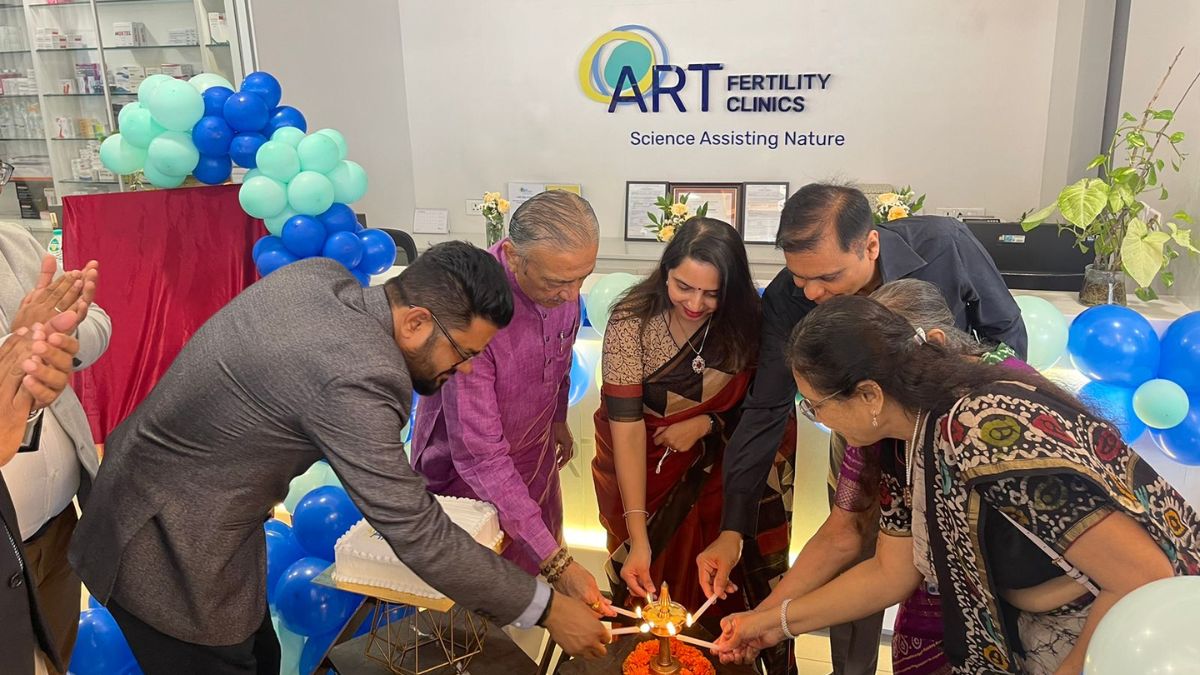Top Gynecologists Provide Advice on Rising Infertility Rates on Women's Health Day

On Women's Health Day, top gynecologists shed light on the rising issue of infertility rates and offer valuable advice to women and couples facing challenges in conception. Driven by the innate desire to nurture and create life, the longing for a child can become emotionally burdensome when fertility struggles arise. However, advancements in medical science, particularly in in-vitro fertilization (IVF), offer renewed hope for those aspiring to experience the joys of parenthood.
One of the primary factors contributing to declining fertility rates is the diminishing quality of a woman's eggs as she ages. Additionally, women naturally have a reduced egg supply as they are born with a finite number of eggs. Age also increases the likelihood of miscarriage and the potential for genetic conditions in offspring. Couples may face additional obstacles in achieving pregnancy if the male partner is over 40 years old, as research suggests a decline in sperm quality with age.
Various factors contribute to the rise in infertility rates, including widespread prevalence of polycystic ovary syndrome (PCOS), delayed childbearing, and unhealthy lifestyle choices such as smoking, excessive alcohol consumption, and high stress levels. Busy lifestyles often result in infrequent intercourse, and the desire for quick results can lead to anxiety, hindering natural conception. To increase the chances of successful conception, maintaining a healthy lifestyle, planning for pregnancy at an early age, improving sexual life, digital detox, getting enough sleep, seeking preconception counseling, and scheduling regular check-ups are recommended.
Infertility is a pressing concern, affecting approximately one in six couples, with women being primarily affected. It is essential for women to prioritize their health by focusing on fitness, healthy eating, adequate sleep, weight management, and avoiding unnecessary delays in planning pregnancy. Freezing embryos or eggs offers future fertility preservation options for those not ready for conception. Awareness and proactive steps can contribute to improving women's health and addressing infertility concerns.
The total fertility rate in India has been steadily declining due to factors such as rising education, contraception, and delayed marriage and family planning. "Social" egg freezing is being considered as an option for women who want to delay family planning. By preserving fertility through egg freezing, women have the chance to plan a pregnancy at a later age, increasing the likelihood of having a biological child.
Raising awareness about declining fertility rates and seeking appropriate medical guidance and support are crucial for women. Fertility is a multidimensional aspect of a woman's life, and decreased fertility rates can be influenced by lifestyle choices, stress, environmental factors, and delayed childbearing. By providing comprehensive reproductive health care and empowering women to make informed decisions about their fertility, individuals and couples can take proactive steps to protect and optimize their reproductive potential.
A holistic approach to addressing infertility includes making positive changes in lifestyle, such as quitting smoking and reducing alcohol consumption, adopting a healthy diet, reducing exposure to pollutants, staying physically active, managing stress, and prioritizing mental well-being. Seeking professional assistance from qualified reproductive specialists or gynecologists is recommended for couples struggling with infertility. Through comprehensive evaluations and diagnostic tests, healthcare providers can identify the root causes of infertility and develop personalized treatment plans.
The rising issue of declining reproduction rates must be addressed on Women's Health Day. Awareness of reproductive health and available options for female infertility patients is crucial. Maintaining a healthy weight, living a balanced lifestyle, getting regular check-ups, and educating oneself about methods for preserving fertility, such as egg freezing, empower women to make informed decisions about their future pregnancies.
Delayed marriage and childbirth contribute to fertility challenges, as the age of marriage now often falls in the late twenties or early thirties. Hormonal disturbances, teenage miscarriages, and pelvic infections further complicate fertilization. Reducing stress, identifying the fertile period, taking folic acid and micronutrient supplements, and incorporating












































